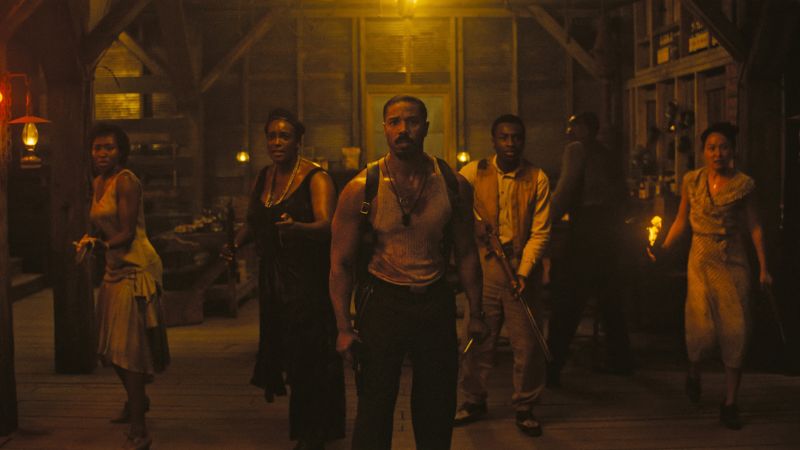Why Fictional Narratives Trump Business Guides: The Unexpected Leadership Hack

Why Fiction, Not Business Guides, Could Be the Secret to Exceptional Leadership
While many executives swear by traditional business books like "The 48 Laws of Power," leadership experts are now suggesting an unexpected path to management excellence: diving into the world of fiction.
Contrary to popular belief, novels and storytelling can provide profound insights into human behavior, emotional intelligence, and complex interpersonal dynamics that traditional management guides often overlook. Fiction offers a unique lens through which leaders can explore nuanced character motivations, strategic thinking, and the intricate psychology of human interactions.
By immersing themselves in rich narratives, business leaders can develop critical skills such as empathy, communication, and strategic problem-solving. Fictional characters navigate challenging scenarios that mirror real-world workplace challenges, offering subtle yet powerful lessons in leadership and human nature.
Top executives and leadership coaches argue that fiction cultivates a deeper understanding of human complexity, enabling managers to become more adaptable, intuitive, and emotionally intelligent. Unlike dry business manuals, stories engage the imagination and provide memorable, context-rich learning experiences.
So the next time you're looking to enhance your leadership skills, consider reaching for a novel instead of another management handbook. The most transformative lessons might just be hidden within a compelling story.








